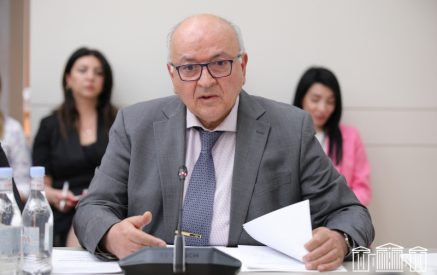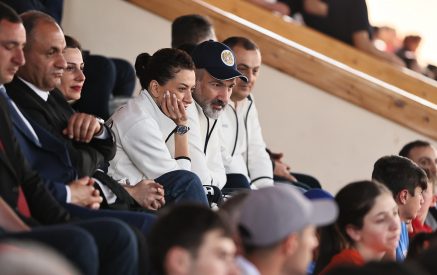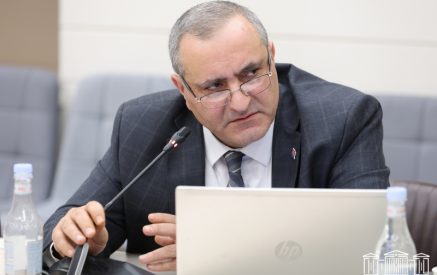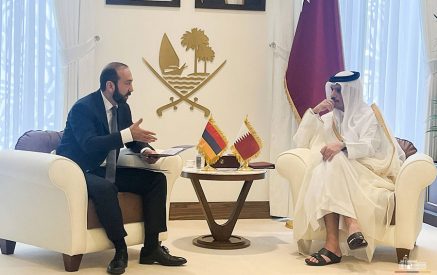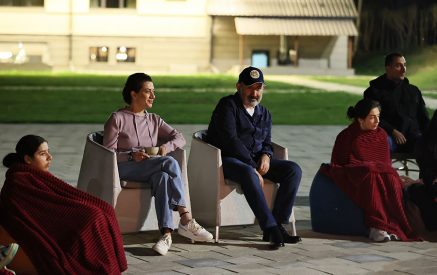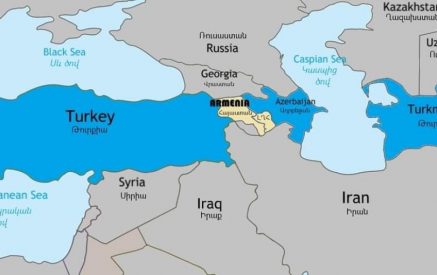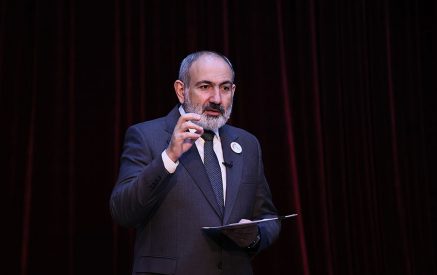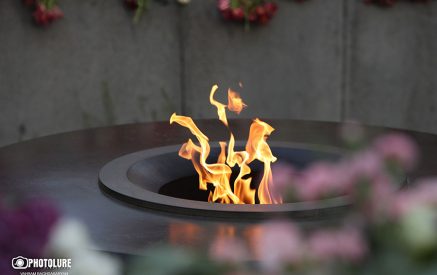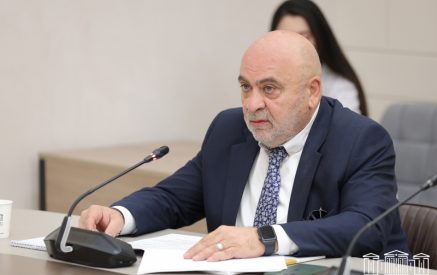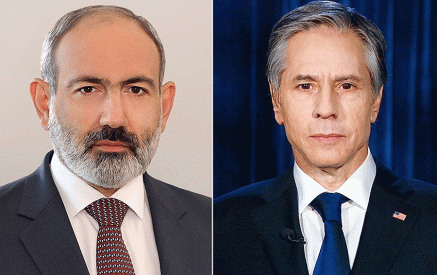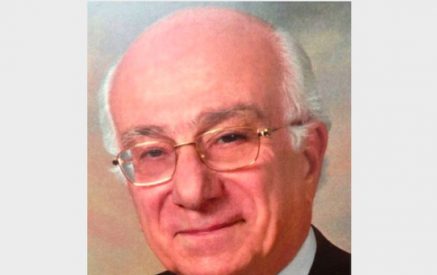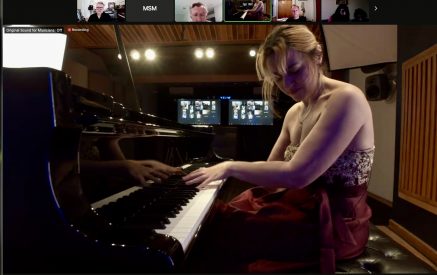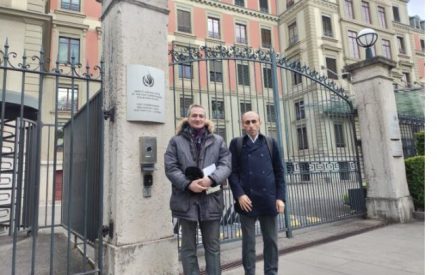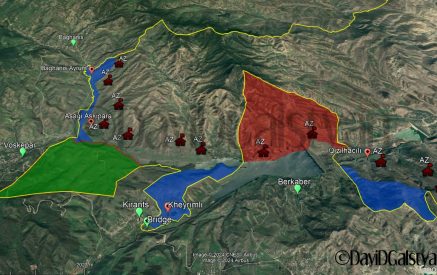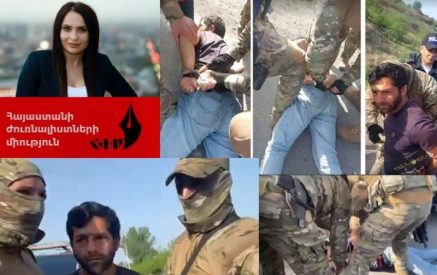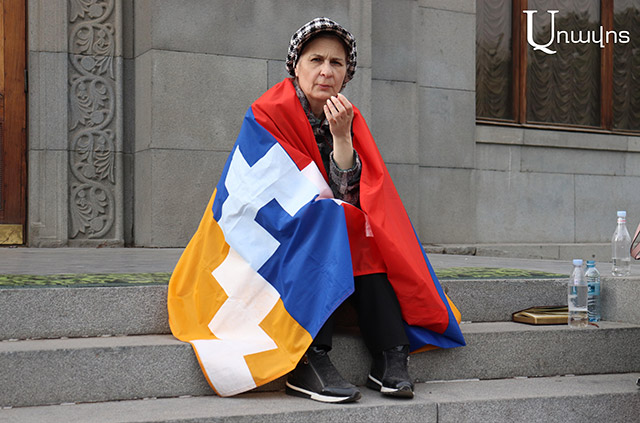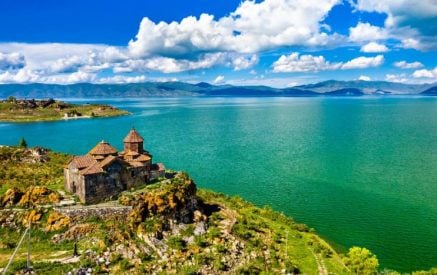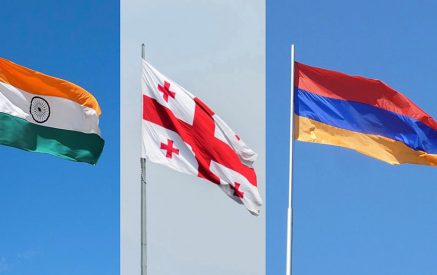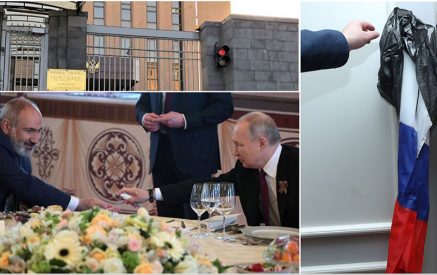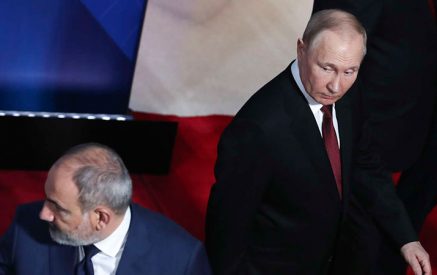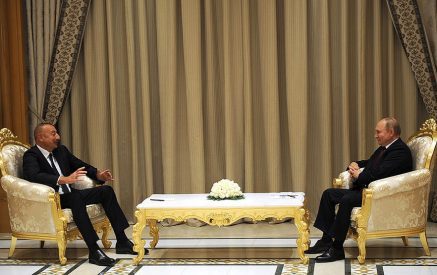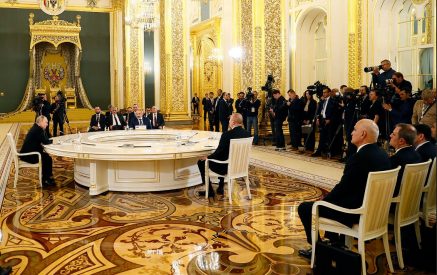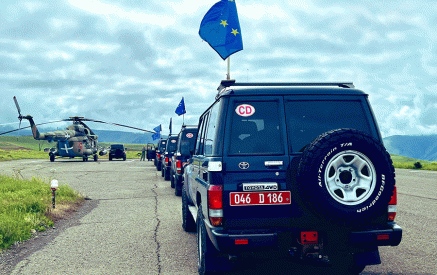by Karolina Pawłowska
The Armenian Mirror-Spectator
The catastrophic aftermath of the Second Nagorno-Karabakh War has brought tremendous sense of loss to all Armenians, and many things remain broken since then. I have never, in the past decade, seen Armenian society so polarized, as now I witness situations when family members or friends cannot sit at one table due to conflicting views on crucial aspects of Armenian politics. The political debate has transformed into mutual accusations of treachery, negative labelling, and personal insults. In a way, it is not any longer possible to speak about Armenia-related issues without being accused of taking sides. At the same time, we seem to be missing the bigger picture and multiple shades of the situation we are facing.
Labelling the protestors as simply Kocharyan supporters is an immature way of dismissing their claims. Simplifying in its nature, this argument ignores that it is in fact a relatively diverse group. Yes, Armenian Revolutionary Federation members are definitely engaged and some of the participants do wholeheartedly support the former president. At the same time, many participants are simply disappointed with certain aspects of Prime Minister Nikol Pashinyan’s internal and external policy and have not witnessed an expected change in their lives since the revolution. There are also war veterans who risked their lives and often suffered livelong injuries for what now appears to be the lost cause. There are people who lost their significant others and now feel that their sacrifice went for absolutely nothing. I see social media posts openly mocking them or cheering for the arrests, which, by the way, were addresses by the Armenian Ombudswoman as often unconstitutional. These comments come from people who claim that their support for Pashinyan comes from his pro-democratic agenda. It seems that the right to protest only stands when the protesters represent the views one can agree with. At the same time, the decision of the opposition to support former president Robert Kocharyan was its biggest mistake and contributes to the situation where their legitimate claims can be easily labelled and dismissed. It possibly changed the course of the last elections and masked the real extent of discontent with Pashinyan.
Read also
The label of Kocharyan supporters misses the deeper reflection on why people who do so, support him. I do not see this as a nostalgy for authoritarian regime, as often presented, but rather as desperate turn towards a person who can be associated with perceived sense of international security. At this point it does not matter to which extend this perception can be supported, what matters is that obviously the need for such security is so strong, that it makes people consciously choose someone as controversial as Robert Kocharyan. And the fact that many Armenians still make that choice does not, in any way, prove Kocharyan’s popularity but rather shows tremendous lack of trust towards the current government to secure the Armenia’s and Artsakh’s interest. These two agendas, intertwined for the past two decades, seem to split just before our eyes.
Is Artsakh still Armenia? As a non-recognised entity, Artsakh cannot be a party to negotiations and obviously is forced to rely on Armenia to represent its interests, which requires both trust and transparency. Since the recent shift in the rhetoric of Armenian government regarding the future of Nagorno-Karabakh, due to obvious lack of transparency, that trust has been broken. I see the politicians making vague statements which are equally enigmatic and worrying. What does it mean “to respect the territorial integrity of Azerbeijan?” or to “secure the right of the people of Nagorno-Karabakh”? Why do we have to follow and interpret each press release to understand what is the current government policy towards the most urgent issue? I have not, by now, seen a comprehensive explanation of what is being planned and in what possible way the rights of 150 thousand people in Nagorno-Karabakh, the most hated ethnic group in Azerbaijan, can be secured within the state which uses systematic oppression towards own citizens. How to do it without the engagement of a third party and proper confidence building measures in place? Most importantly, how can we speak about cultural rights to have own schools and newspapers when what should we worry about is their physical safety and the protection of basic human rights?
Even though the reality of such governmental plan might be less dramatic, the failure of communication results in hearsay, anxiety, and obvious panic on the side of Nagorno-Karabakh, which has the full right to doubt if its interests are indeed represented by the only party capable of doing so. It seems like Artsakh itself stopped being a party and its now Armenia’s to give or keep, not being included in the decision-making process. What matters is that instead of calming down the concerned ones, the government chooses to tighten security measures, and attempts to break the movement before it manages to gain momentum, by successfully discouraging the ones still indecisive about joining. In reality, the support for Kocharyan is less intense than it seems and at the same time, the support for Pashinyan is much less obvious. Many Armenians choose not to participate in the protests not only for the fear of restrictions, but also because their hopes for a meaningful political change and improvement in daily life have been failed multiple times, including the two past elections. The atmosphere is filled with the sense of emotional fatigue, resignation, disillusionment, and hopelessness, and the failure of current government to bring a meaningful sense of civic engagement and agency has significantly contributed to that. The few Armenians who truly support the possibility of ceasing the control over Nagorno-Karabakh to Azerbaijan seem to do so mainly because they fear the further loss of lives, and do not see the government capable of preventing it in any other way. The concept of remedial sovereignty, a valid, reasonable, and achievable solution to the Nagorno-Karabakh struggle, has been somehow dropped and is not anymore mentioned.
Neither side seem to be capable of proposing a coherent strategy that can possibly ease the common feeling of existential threat faced by many Armenians in Artsakh, Armenia and Diaspora. Even though Armenians always remained quite politically divided, the conviction of Armenia-Artsakh unity has always been rather unquestionable. The unity is now broken.

